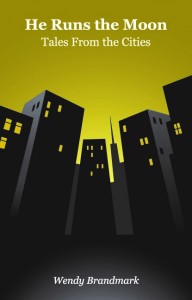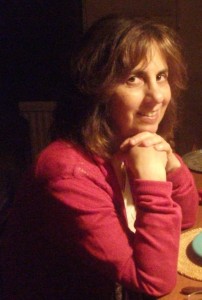On Short Story Endings

My characters never write their endings. I feel exasperated when I hear writers say ‘the characters just took over and the story seemed to write itself’, as if the writing could be a glide through the first draft and revision, or maybe no revision. The length and the very nature of the short story, its economy, precision and mystery, suggests puzzle, conundrum, the prizing open of an oyster to find, not a pearl, but a live creature. Every story worth writing has at least one seemingly unsolvable problem and often this is the ending. I don’t believe a short story can satisfy a reader without a strong ending. You can have a weak ending in a novel and still have a good, even great, book. Often the last quarter descends into indulgence or boredom as if the novelist got tired of her characters or just lost heart. But the reader and the book forgive the writer. They have been taken through some three hundred pages successfully, witnessed the turning point of love affairs, battles, and soul journeys, so they may accept (or just tolerate) Pip holding hands with cold hearted Estella, or Jane Eyre’s happy marriage to a tamed Rochester.
But the ending of a short story, like the last lines of a poem, should resonate in the reader’s mind. I like teasing endings in which writers deliberately remove the resolution, or luminous ones which trail light back over the whole of the previous three thousand words. I have often discovered what I am trying to do in a story after I have revised the ending. ‘Man with a Newspaper’, a short story which is going to be published in NAR (301.2, Spring 2016) and included in my forthcoming collection, He Runs the Moon: Tales from the Cities, was always one of my favorites, yet for a long time I felt that the narrative seemed fragmented. The short prologue, the opening scene and the shift to a time some ten years later, remained pieces of a life. I changed the title, cut and moved text, sharpened the dialogue. I thought harder about the characters. But the story of a young woman in search of a glamorous relative was still a puzzle that I couldn’t solve. What was she really looking for, and who in this odd story of an unhappy family and a Jewish charity held the truth?
I hardly thought about the ending. Then in a residency at the Tyrone Guthrie Centre in rural Ireland, I had a moment of clarity which comes when I’m free of everyday distractions. I looked again at the last page and saw that part of the ending wasn’t truly pertinent to the rest of the story. And it was also a bit dull. So I cut a section and then added a scene which brought the story back to its beginning. That scene, small as it was, helped me to define the narrative and to understand the tragedy of this family: ‘I know a liar,’ the father says. It was the missing piece which allowed the story to shake itself free of me and live.
Matteo Gallo is curious, ambitious, stubborn, distracted, picky, clumsy, thoughtful, moody.
He’s always been passionate about science and science fiction, so he tries to keep his mind open and learn something from every experience. For many years he has been dedicating himself to drawing, graphic design, photography and music, mainly self-taught: he attended courses for every one of these subjects, but, luckily or unluckily, the way his brain works is an obstacle to learning by traditional methods. He decided to deepen them in his own way. He loves solitude, nature, with the wind caressing his face while he rides his bicycle, sneaking out of his home in the dead of night, and every form of creative expression.
Recommended
Nor’easter
Post-Op Appointment With My Father
Cedar Valley Youth Poet Laureate | Fall 2024 Workshop






